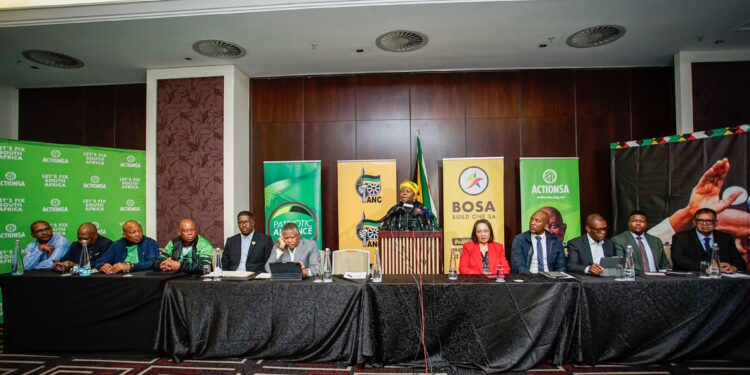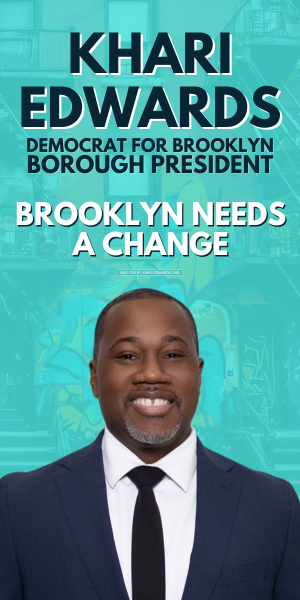On Thursday, April 24th, South Africa’s Finance Minister Enoch Godongwana retracted the proposed VAT increase following extensive discussions within the Government of National Unity (GNU). This decision came after talks between the African National Congress (ANC) and other political groups, aiming to find a solution to ease the economic burden on the nation’s low-income families. It also helped avoid a potential parliamentary vote against the national budget.
The proposed increase from 15% to 15.5% was intended to generate additional funds to support public services such as education and health care. However, as opposition grew within the coalition, the ANC and its partners decided to maintain the VAT rate at 15%. This reversal resulted from productive negotiations between the ANC and its allies rather than merely a reaction to dissent from the Democratic Alliance (DA).
The DA opposed the VAT increase, arguing it would disproportionately harm the country’s poorest citizens. Nevertheless, the final decision resulted from broader discussions within the coalition and other political factions. Fikile Mbalula of the ANC emphasized that the decision was based on a shared agreement across parties, underscoring the need to ensure fiscal stability while protecting the working class.
Following the policy change, the South African rand held steady as financial markets awaited further details on revisions to the national budget. The finance ministry indicated that other spending decisions would be reassessed, and planned support measures for low-income households affected by the VAT increase would now be withdrawn. Analysts noted that although the currency remained stable, fiscal uncertainties persisted.
Since losing its parliamentary majority for the first time since 1994, the ANC has relied on coalition support. While the DA welcomed the VAT reversal and claimed credit for defending economic interests, it was not the sole influence on the policy shift. The party stated, “We opposed the unjust VAT hike from day one—and South Africa won.”
Critics, including the Economic Freedom Fighters (EFF), called the situation a “budget fiasco” and demanded Godongwana’s resignation. However, the ANC denied yielding to pressure, asserting that the decision reflected a unified, cross-party governance approach. Canceling the VAT increase also led to removing support measures tied to the tax hike, further complicating efforts to balance the budget.










